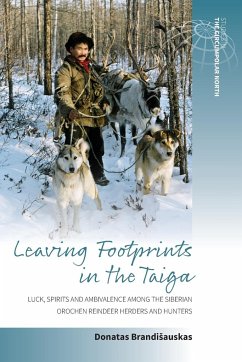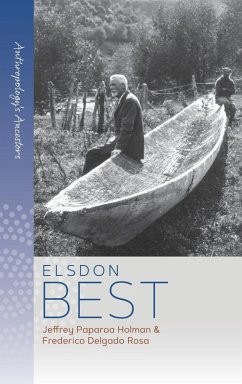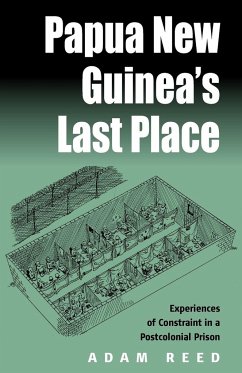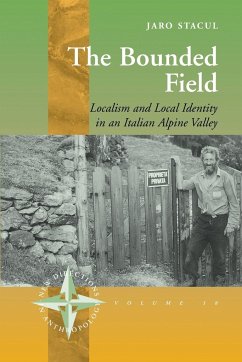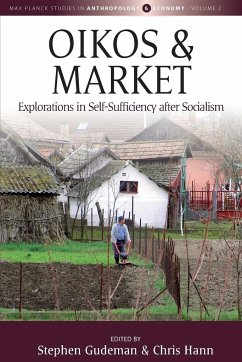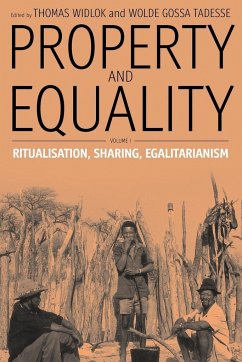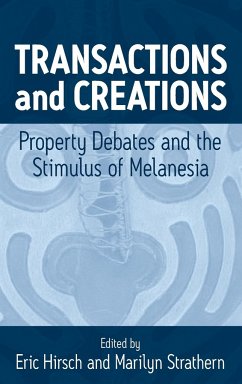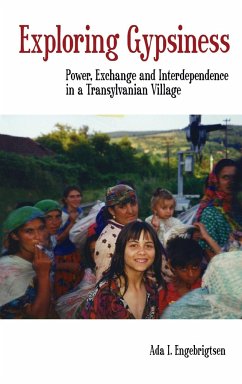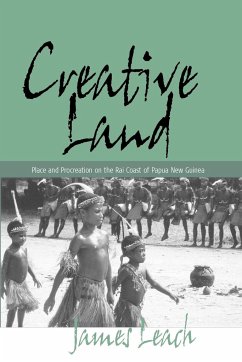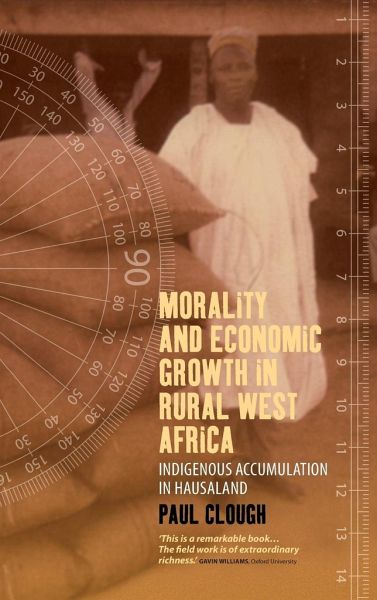
Morality and Economic Growth in Rural West Africa
Indigenous Accumulation in Hausaland

PAYBACK Punkte
87 °P sammeln!
Based on fieldwork conducted in 2 national economic cycles, one of petroleum-boom prosperity, the other of macro-economic decline Unveils new paradigm of economic change in the West African savannah Describes a uniquely African non-capitalist trajectory of accumulation, limiting the extent of inequality but still promoting technical change




